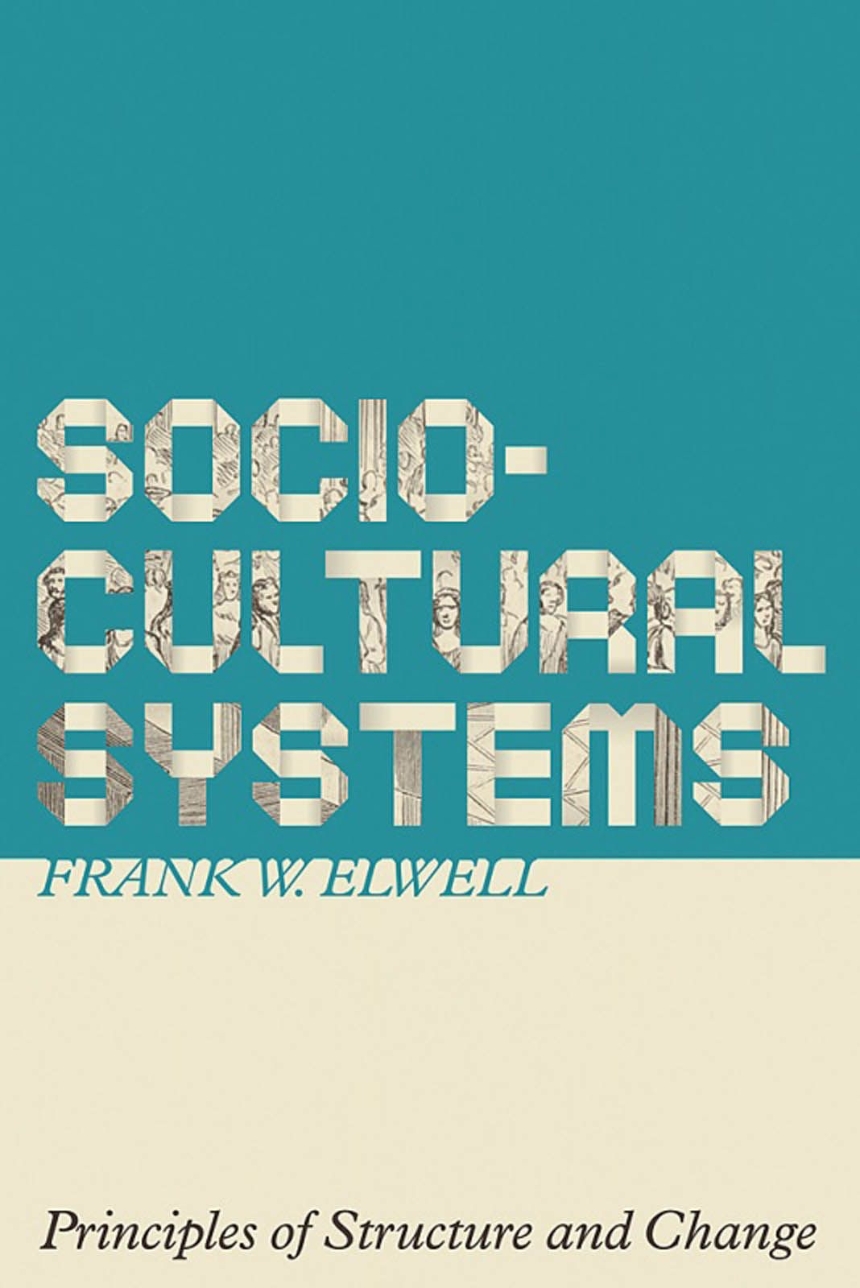Macrosociology – the study of large-scale social structures and the fundamental principles of social organization – was the style of sociology practiced by the founders of the discipline. Today, the social theories of Karl Marx, Max Weber, Émile Durkheim, and Herbert Spencer (among others) are commonly studied as part of the history of the field, but the macrosociological approach no longer dominates the discipline. Sociocultural Systems aims to reinstate macrosciology as the heart of the discipline by demonstrating that both classical and contemporary macrosociologists stand upon common ground. Sociocultural Systems provides a critical understanding of social institutions and issues while also furnishing a framework for possible solutions to the perennial social crises that are part and parcel of the development of human societies.
Table of Contents
Acknowledgements- xi
Preface- xiii
Introduction- 3
1. Principles of Macrosociology- 7
2. Materialism in Macrosociology- 37
3. Evolutionism in the Work of the Founders- 67
4. Contemporary Social Evolution- 91
5. Bureaucratization- 125
6. Capital- 155
7. The State- 193
8. Rationalization- 221
9. The System- 239
A Glossary of Sociology- 265
Notes- 343
References- 365
Index- 371
